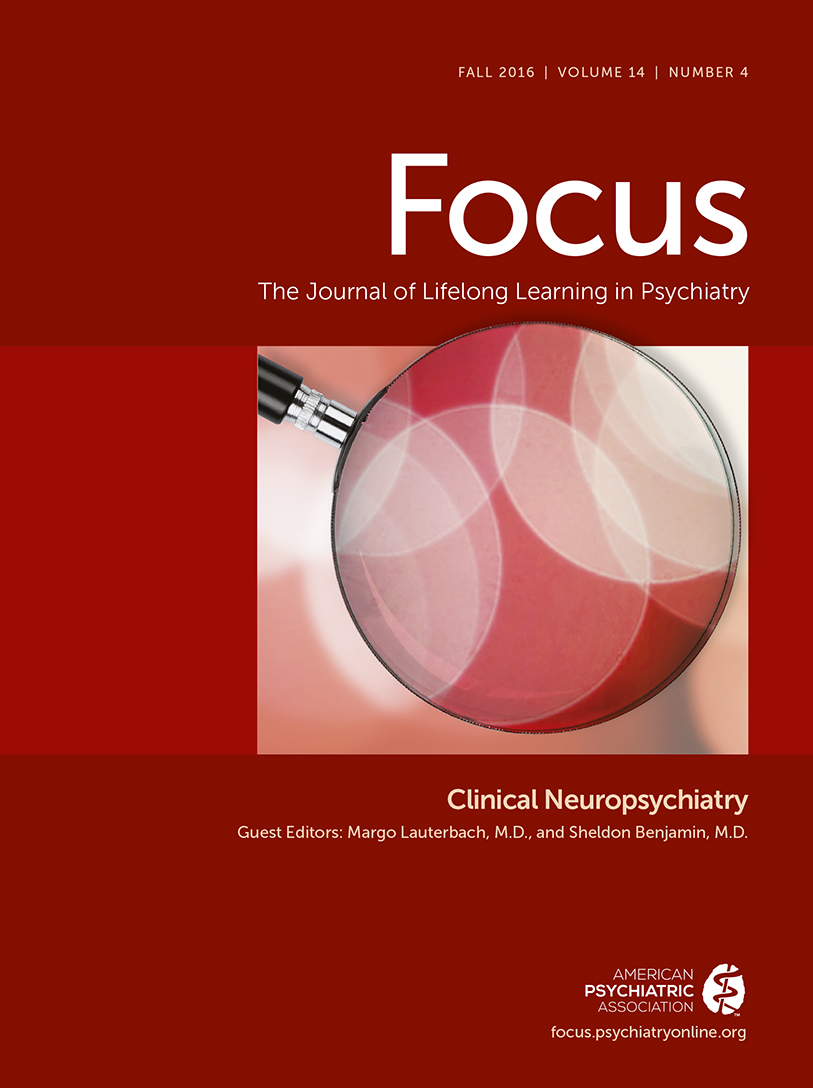Apathy: Why Care?
Abstract
This review presents data showing that apathy is common across a number of disorders. Apathy is not only common, but is also associated with significant problems: reduced functional level, decreased response to treatment, poor illness outcome, caregiver distress, and chronicity. Preliminary evidence of treatment efficacy exists for dopaminergic drugs and for amphetamines. Strong evidence of efficacy exists for acetylcholinesterase inhibitors in Alzheimer’s disease, and for atypical antipsychotics in schizophrenia. Frontal-subcortical system(s) dysfunction is implicated in the causation of apathy; apathy subtypes based on the various frontal-subcortical loops may thus exist. Further research involving diagnosis, pathophysiology, and treatment is suggested.
(Reprinted with permission from The Journal of Neuropsychiatry and Clinical Neurosciences 2005; 17:7-19)



